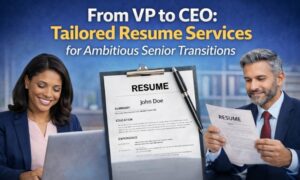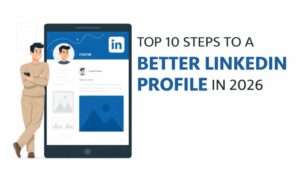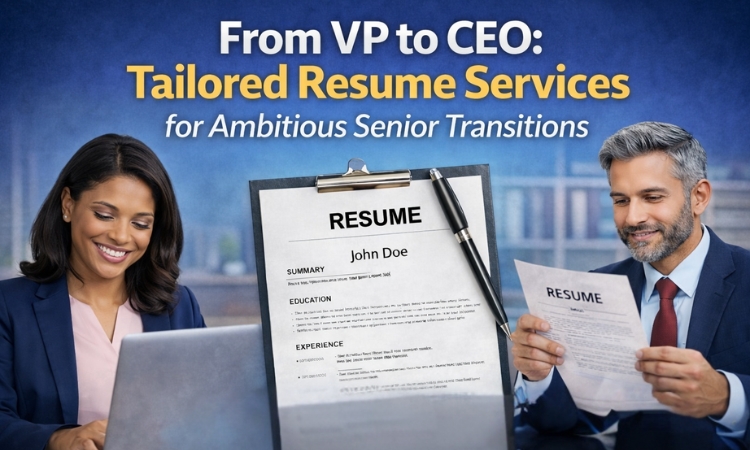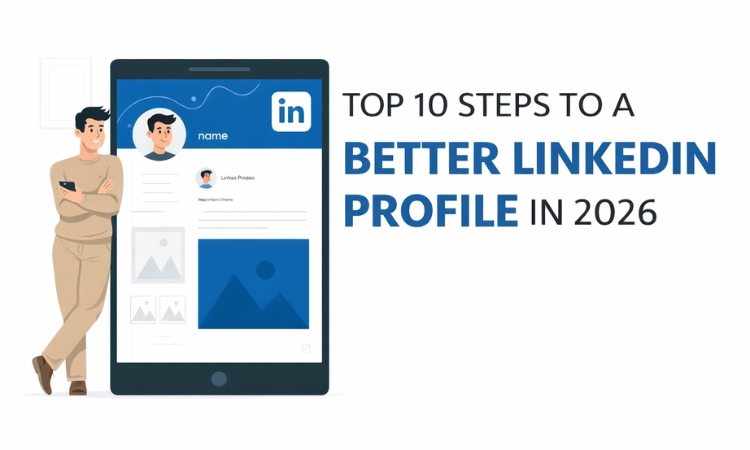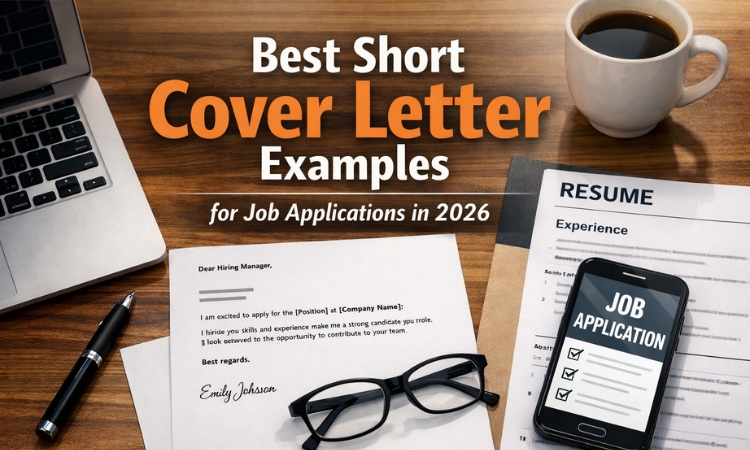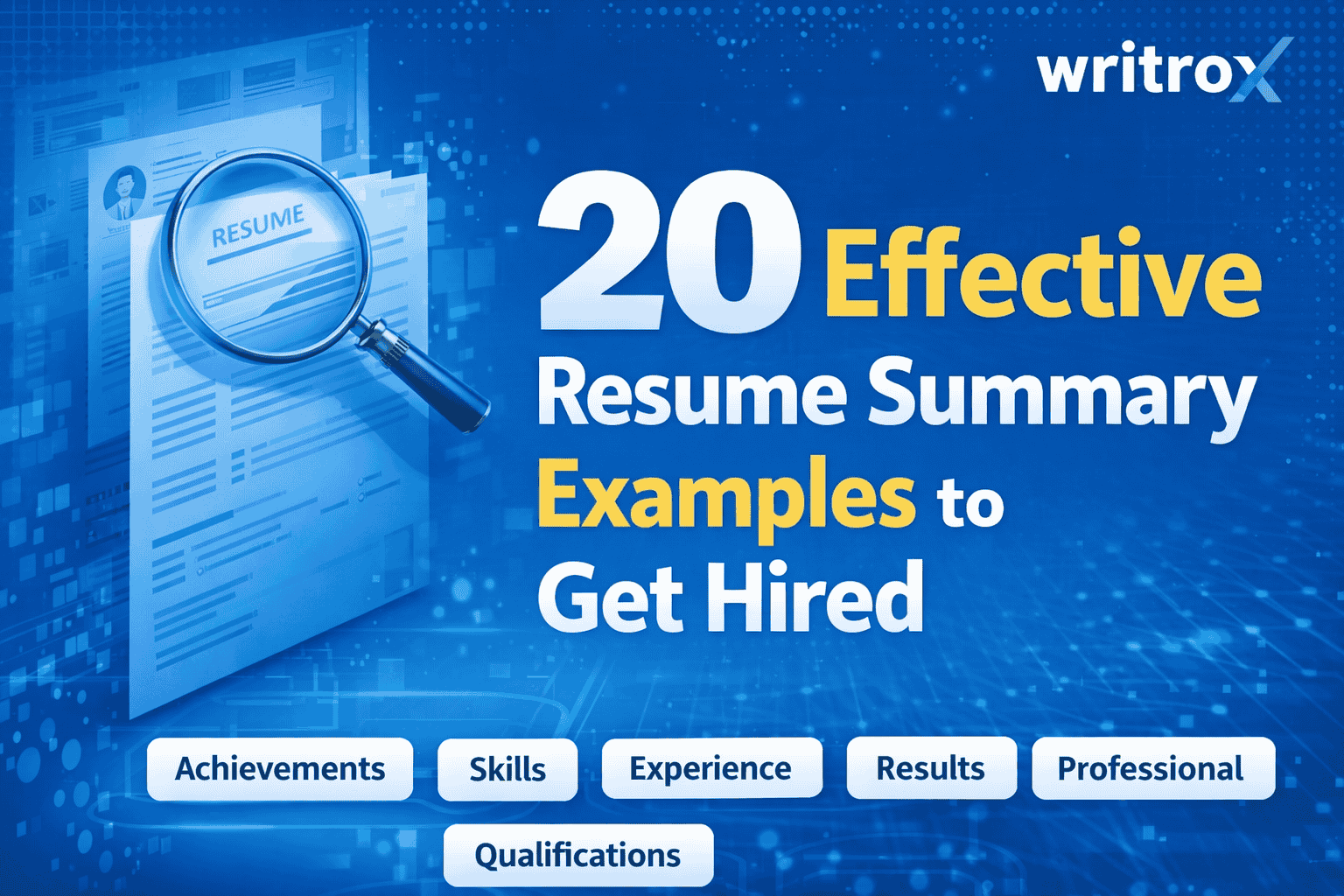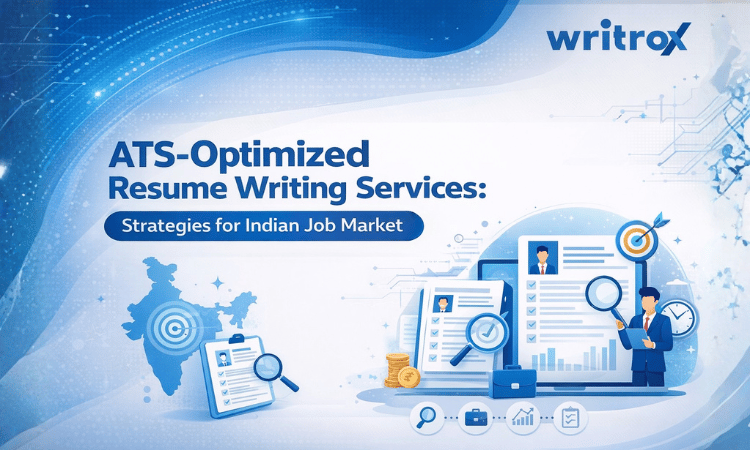Applying for a job can sometimes seem like a puzzle, especially when you come across terms like resume, CV, and biodata.
Each of these essential documents is designated for a specific purpose and when you use the right one, it can make a huge difference. If we talk about these individually, a resume focuses on your skills and experience, a CV contains more details about your academic and professional background.
Whereas, a biodata shares your personal details, sometimes it is used for job or marriage purposes. Thus, understanding these differences will help you present yourself perfectly.
Also Read: How To choose the right resume writing package?
Use The Right Tool At The Right Time
Getting a job becomes a very difficult endeavor, if you don’t even know what you are dealing with. Getting the wrong tool for a specific job profile is like cooking with the wrong ingredients. The result will be a horrible-tasting dish. Don’t make this mistake.
Before we delve into the core differences between them, let’s run through the basics of what is the difference between these as fast as we can. So here it is:
| Resume | CV | Biodata | |
| Detailed Or not | Just relevant info | Full Detailed Info | Simplified format |
| Length | 1 or 2 pages | No Limitations | Max. 1 Page |
| Content | Main Focus on Experience , Education and Skills | Main Focus on Experience , Education and Skills | Personal Information |
| Order listing | Reverse Chronological | Reverse Chronological | Chronological |
| Use or Purpose | Job Application | Academic & job application | Marriage and Job application |
Understanding the difference between CV resume and biodata is important because each document serves a unique purpose and is used in different situations. A resume focuses on skills and work achievements, a CV highlights academic and professional history in detail, while a biodata mainly covers personal and demographic information. Knowing which one to use helps you present your profile correctly, whether applying for a private job, academic position, or government requirement.
Are CV and Resume the Same Thing
Although we have cleared your doubts. You must be wondering whether these two can be interchangeable or the same thing. Let’s Look at these one by one to clear the doubts like Can I replace CV with Resume or Can we send CV instead of Resume or Do employers Prefer CV or Resume or How can we convert CV to resume. We will clear all the doubts related to it soon.
What is a Resume?
RESUME is derived from the French word résumé which means summary. A resume portrays an overview of one’s education, experience, and competencies. A resume is used to apply for a new job/position. A resume should be kept 1 to 2 pages long, precisely best if kept in one page. The resume should be tailored according to the targeted position.
In today’s job market resume is a very, very essential tool, your resume can make a whole lot of impression on the potential employer. Most people have the impression that a resume will get them hired, but it is wrong. Employers want to know the potential of a person before they decide to see them. A resume is a tool that will get you an interview and potentially the job.
Key Pointers of Resume
- A resume is just an outline of your qualifications and specific skills it does not require elaboration. Best if kept in bulletins.
- A good resume should start with a brief candidate profile, a summary of the qualifications, trailed by the areas of expertise, and the professional experience in specific keywords represented in reverse chronological order. It focuses on the recent experience and summarizes previous experiences. Professional affiliations, computer skills, and qualifications follow after work experience.
- List only relevant certifications and skills related to the targeted position.
- Do not include irrelevant information such as gender, nationality, hobbies, DOB, or father’s name.
Read More: Resume vs Cover Letter
What is a CV (Curriculum Vitae)?
CV is derived from the Latin word Curriculum Vitae which means “course of life”. A CV is more comprehensive than a resume, ranging from 2 to 3 pages. Curriculum vitae typically list all your qualifications, skills, professional affiliations, and experience in chronological order.
Key Pointers of CV (Curriculum Vitae)
- A CV exhibits general skills and expertise rather than focusing on particular skills for a particular job.
- A curriculum vitae contains detailed information relating to your education, professional experience, skills, awards, honors, fellowships, publications, certificates, and much more, unlike the bulletin points in the resume.
- A CV could be 2 to 3 pages long but depending on the criteria it can be longer.
- CVs are mostly used by post-secondary institutions i.e, is to apply for research positions or other teaching positions.
What is a Biodata?
A BIO-DATA is the outdated term for Resume or C.V., it is the short form for Biographical Data. Bio-data emphasizes on personal information such as date of birth, religion, sex, ethnicity, nationality, residency, marital status, and so on rather than on professional information. Although details of education, work, and other qualifications are included eventually.
Key Pointers of Biodata
- Bio-data is uncommon in Western countries, it is mainly in play among the South-Asian countries such as Bangladesh, India, Sri Lanka, and Pakistan.
- In India, bio-data is used while applying to government jobs or it is used mostly during marriage arrangements where parents try to dig up information about the opposite party.
- Bio-data has no page limitation, and it can be customized for the purpose of marriage, it must contain all your personal information and your salary details mandatorily and it does not really require your education or professional experience details.
The Difference between Resume, CV, and Biodata
| Basic of Differentiation | Resume | CV (Curriculum Vitae) | Biodata |
| Purpose | Resumes are tailored for a particular job. | CVs are more from a general perspective. | Bio-data is mostly used for personal purposes or sometimes for government positions. |
| Skills | Emphasizes on particular skills. | Does not round upon one particular skill or profession. | Emphasizes on personal details such as age, sex, nationality, ethnicity, etc. |
| Page Size | Resume should be strictly kept within a page sometimes 2. | CV can exceed more than 3 pages. | The page limit of bio-data depends on the requirements. |
| References | Reference(s) should not be included in a resume | Reference(s) can be added to a CV. | Including references can be based on circumstances. |
| Format | A resume should be in reverse chronological order | A CV should be in chronological order | Bio-data can be in either of the formats. |
| Size | The resume should be concise. | CV can be a comprehensive document. | Bio-data should also be kept concise. |
| Purpose | Resumes can be used by freshers to seek job(s). | CV can be used for internships, to grab higher positions, or for fellowships. | Bio-data can be used to apply for government positions or during the marriage. |
| Photographs | Photographs Generally not included | Photographs Generally not included | Often included, especially for matrimonial purposes |
| Skills and Education | Relevant skills, work experience, achievements | Academic history, research, publications, presentations | Personal details, family background, education |
| Work Experience | A resume is a concise summary of a person’s skills, qualifications, and work experience | A CV is a comprehensive document that provides a detailed overview of a person’s academic and professional background | Biodata is an archaic term for a resume or CV that is commonly used in some countries. |
| Phone number | Emphasizes personal details such as age, sex, nationality, ethnicity, etc. | While personal information is not the main focus of a CV, it may include some details. CVs often include basic personal information like name, contact details, and sometimes date of birth or nationality | Biodata provides more personal information compared to a resume or CV. It can include details such as age, gender, marital status, religion, caste, and even family background |
Advantages of having a Professional resume
- Your resume will help you stand out in the crowd.
- Your resume will draw the recruiter’s attention, and keep them engaged and interested. So, that you can bag an interview.
- Resume acts as the guidelines for your profile.
- Strongly describes your skills and accomplishments.
- Highlights the right credentials.
- Helps employers understand what you are capable of bringing to the table.
- Getting a resume professional done by resume writing services in India Will parch through the applicant tracking system.
- A professionally drafted resume lets you make a strong first influence and clutch the attention of recruiters and hiring managers.
- By highlighting your achievements, you may exhibit how you may make contributions to the success of the business enterprise and differentiate yourself from other applicants.
- A properly-crafted resume allows you to stick out from the crowd and function as a top candidate for the job.
- By highlighting the competencies and reveling in most applicable to the placement, you could show recruiters and hiring managers that you are a quality candidate for the job.
- A well-crafted resume will let you land an interview faster, saving time for each of you and the hiring group. It indicates that you have taken the time to cautiously present your qualifications and reviews, which could help employers trust in your talents
A well-crafted resume will let you land an interview faster, saving time for both you and the hiring team. It indicates that you have taken the time to carefully present your qualifications and experiences, which helps employers trust your abilities. If you want a professionally written resume that stands out, check out our Best Resume Writing Services in Mumbai.
When to use and How to make a Resume, CV, and Biodata?
After you have cleared the doubts regarding whats the difference between CV or a Resume you must be wondering, which job requires which type, whether you should take a CV or Resume or a Biodata for the next job interview.
Well, the Biodata is already out of the question, as it’s just the basic details about your life, so the employer will get zero idea about your academic or career life.
When to use a resume?
- A resume can be used for getting a job in the specific sector or industry and highlight the different career achievements, work experience and relevant skills.
- The resume should not exceed beyond 2 pages plus the resume is format most commonly asked in major countries like, European countries, USA and India, etc.
How to make a Resume?
If CV is not for you, Let’s see how you can make a resume:
- Basic Information: Just like a CV, start with the basic information. Start with the Name and contact information at the start of the resume. The main information should be at the top.
- Career Objective: Start this section by briefing about your background info and then include a career objective.
- Work History: In work history, start with clearly stating the company you worked for and the responsibilities you have taken and you were in charge of.
- Education: Many positions attended by the candidate in accounting or engineering or also in your educational level to evaluate the position.
- Skills: Add different skills you want to add to the resume. You can also include information like:
- Side Projects
- Certifications
- Community Service Experience
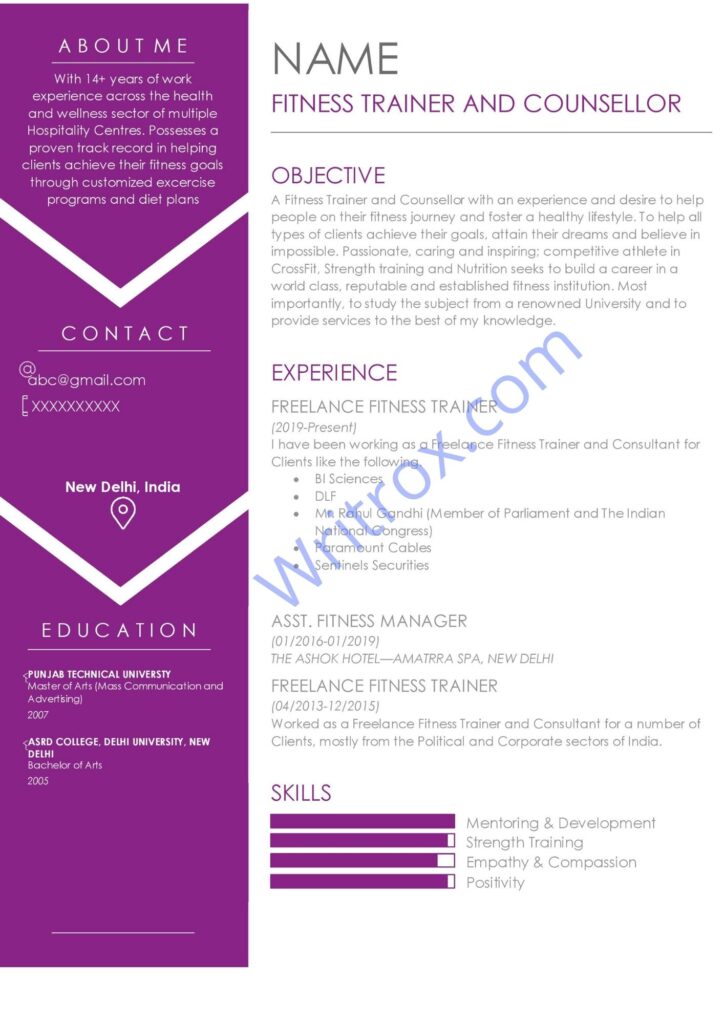
When to use a CV?
- If you are going to apply in any type of research or academic field and you need to show every detail of all research and academic activities you have done till now, you need a CV.
- A CV can be a lot longer than a resume depending upon the candidate’s research work and other details that’s going to be added to the resume.
How to make a CV?
Let’s see how you can make a CV.
- Basic Information: First, start with the basic information. Start with the Name and contact information at the start of the resume. The main information should be at the top.
- Career Information: The second information will be your career objective and your background information. In 2-3 sentences, start with describing your personal traits and work experience.
- Work History: In work history, start by describing the work history from oldest to latest. Work experience is a great element for knowing what type of work you have handled.
- Education: An important field to add. Start by Post-Graduation or Graduation and then lower education.
- Skills: Your CV should also include your skills. Tell those skills and tell them how you got them.
- Other Sections: These sections can be added if you feel that you need the you can show the interviewer a better impression.
Some sections you can add are:
- References
- Hobbies and Interests
- Certifications
- Achievements
When to use a Biodata?
- Well, biodata is used less and less often these days but it has its roles in some areas.
- A Biodata tells about the basic particulars about an individual in brief and focuses mainly on the candidate’s life like family background, religion, caste, marital status and other personal details.
- A Biodata can be used for marriage proposals and some basic interview processes. As the purpose of Biodata is different CVs and Resume are more effective.
How to make a biodata :
- Photo: Start by adding a Photo. Although needed in a job application, remember to include a professional looking picture and not a selfie.
- Objective: Start this section with the work experience, positive personality and skills. But be brief with your description. For job, you can also include your goals to let your employers know your intentions.
- Personal details: Then all the basic details. Where the biodata becomes different from a resume or CV is the data that’s more personalized according to you.
- Name
- DOB
- Address
- Contact Info.
- Gender
- Religion
- Nationality
- Marital Status
- Work History/Skills: You are still creating the Biodata for job application. Therefore you need to add Work History. Fill the information as same as resume. Then you write down your skills. This will help employer understand and evaluate your role in the company.
- Education: You can put the information in this format like:
- Name of School and it’s Location
- Graduation Year
- Major along with Minor
- CGPA
- Co-curricular experience
- Other Options ( if any )
You can include a little more space for other information’s like:
- Honors
- Certifications
- Interests and hobbies
- Volunteer Experiences
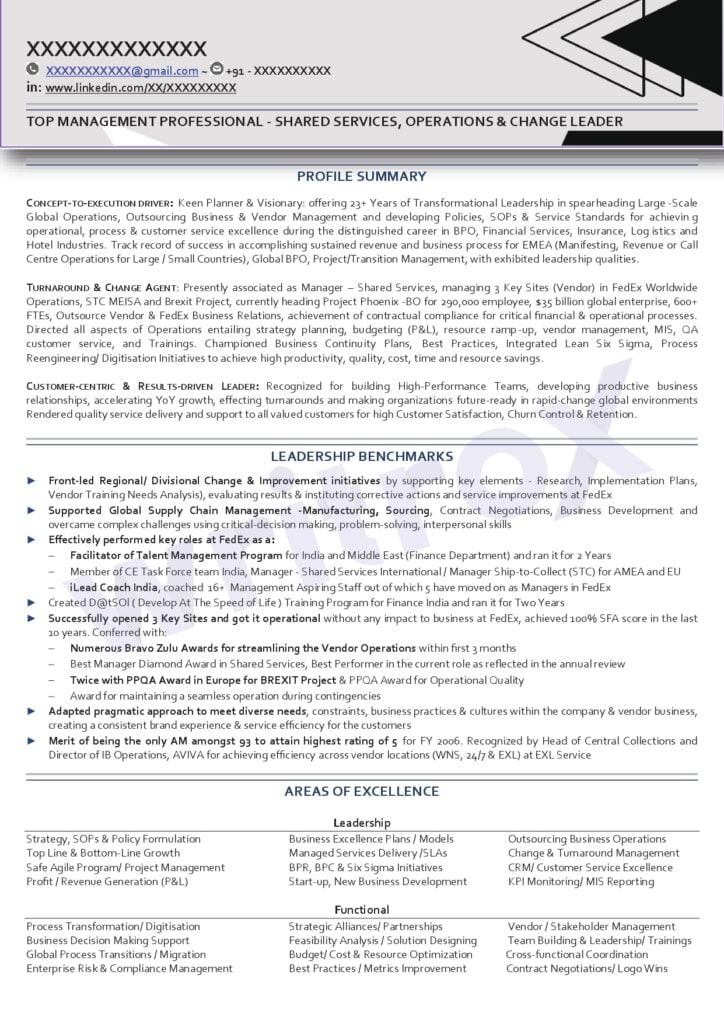
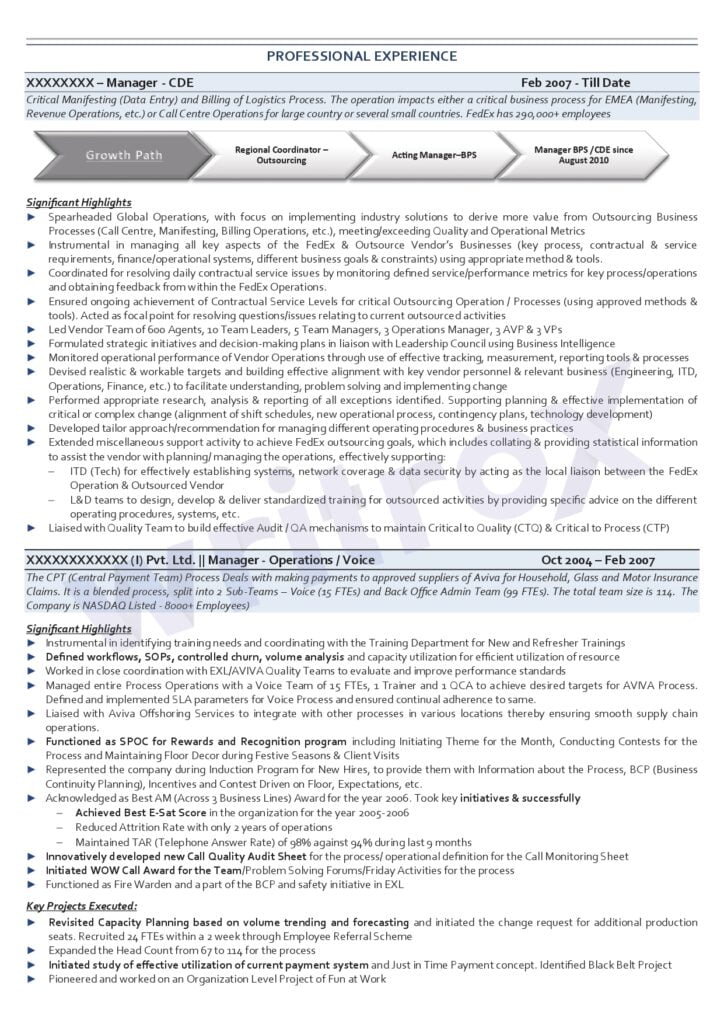
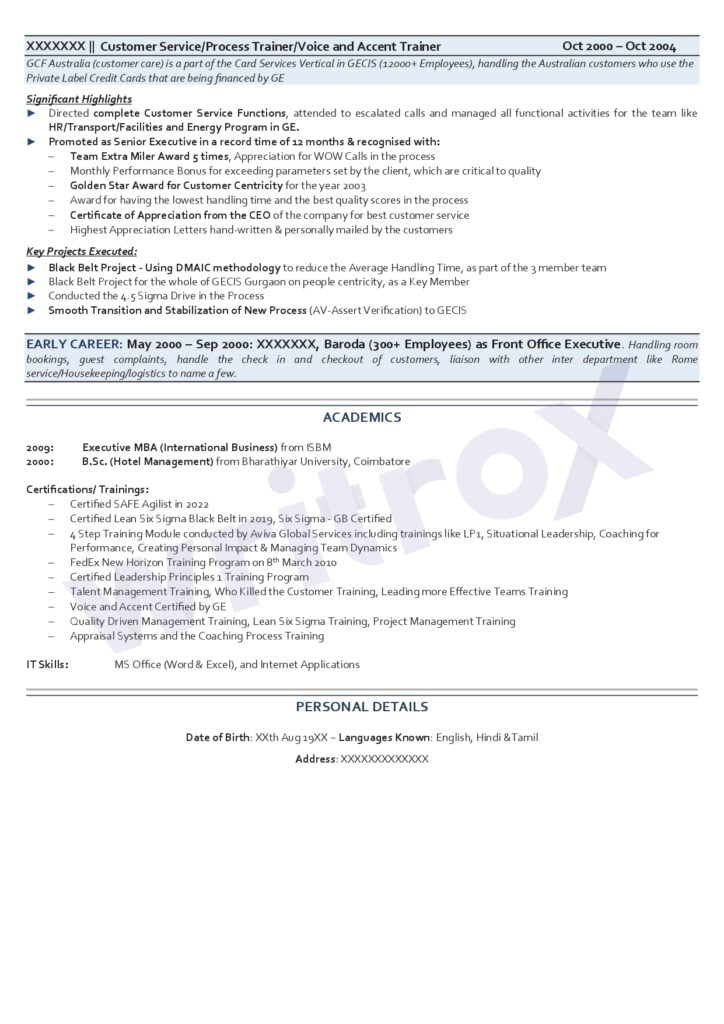
The Bottom Line
We hope you have now come to understand the difference between a resume, CV, and bio-data.
If you are looking for a perfect resume we offer you one of the Best resume writing services in India.
Frequently Asked Questions (FAQs):
Q1: Can a CV be used in place of a Resume, and vice versa?
Ans: The answer is yes. You can use a resume or a CV in place of the other, depending on what you want to convey and how much information you want to include. A resume and a CV are very similar in many ways. Both are used to help employers understand your professional background and experience, but they differ in length and content
Q2: Is it okay to include photographs included in Resumes, CVs, or Biodata?
Ans: Yes, including a photograph in your resume, CV or even a bio-data makes these documents more professional. This gives you extra benefits as it helps making a good first impression, and also recruiters can connect your name with your face
Q3: Out of all three which document is best suited for my job application?
Ans: A CV or resume is a concise summary of your education, work experience, and skills. It should be no longer than two pages in length and it should highlight what you have to offer an employer. On the other hand, a biodata is often used when applying for jobs at entry-level or junior positions in companies where there are not many applicants for each position advertised.
Q4: What is the main difference between a CV and a Resume?
Ans: A CV is a document that highlights your career history and professional qualifications. It is often used as part of a job application process and is usually accompanied by a cover letter. A resume highlights your personal information and experience but does not include details about your work history or qualifications.
Q5: Should I include my salary history or expectations in my resume or CV?
Ans. No, it is not good to include your salary history or even your expectations regarding current CTC or salary. Your salary history and current expectations will always be discussed during the interview.
Q6: How do I address career changes in my resume or CV?
Ans. You must focus on the transferable skills like communication, problem-solving, and relevant experience from your previous roles. Always try to have a skill-based resume format and use your summary/objective statement in order to explain your career transition well.
Q7: Should I include soft skills in my professional documents?
Ans. Of course, including soft skills in your professional resume is crucial. However, keep in mind that you don’t just simply list them. Instead, show them with your achievements. For example, you’re willing to include “excellent communication skills”, instead of listing it in this simple way, just describe how you used these skills to get a better result.




